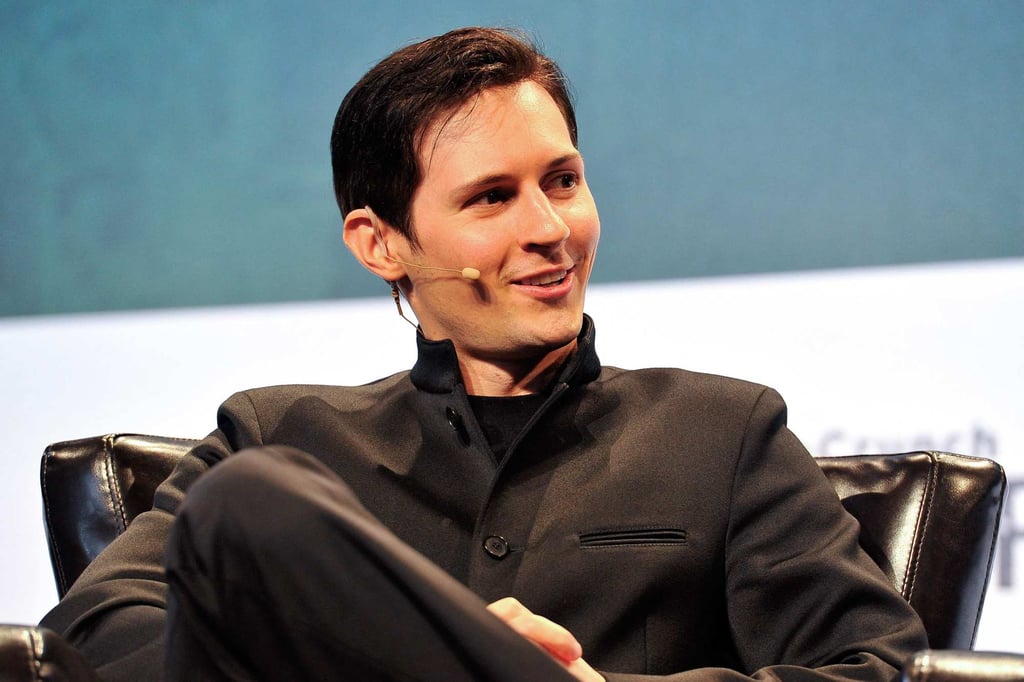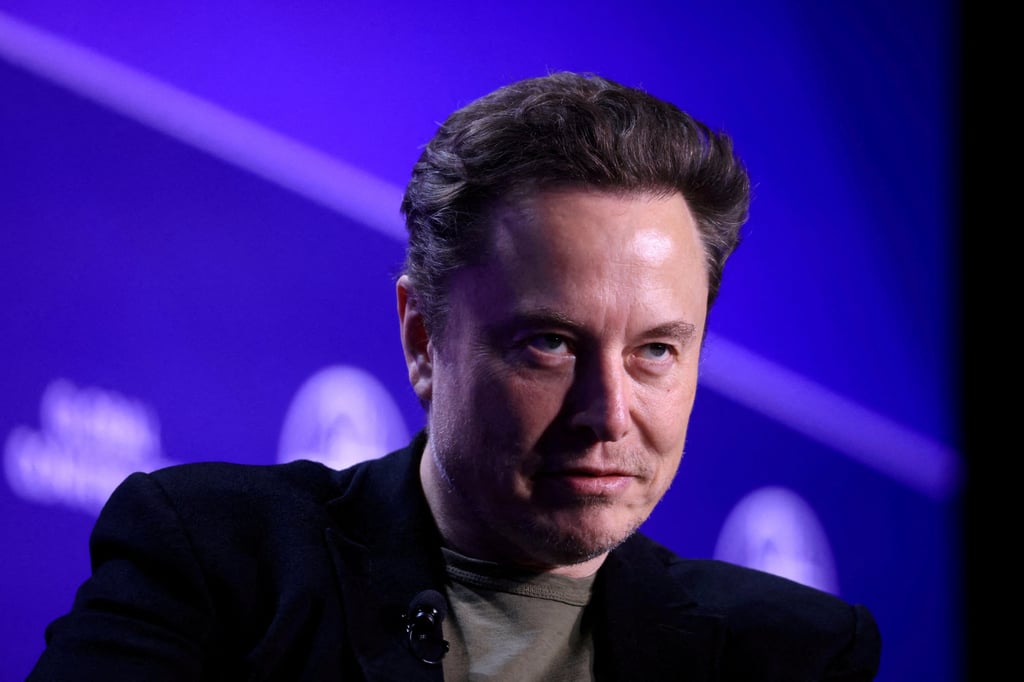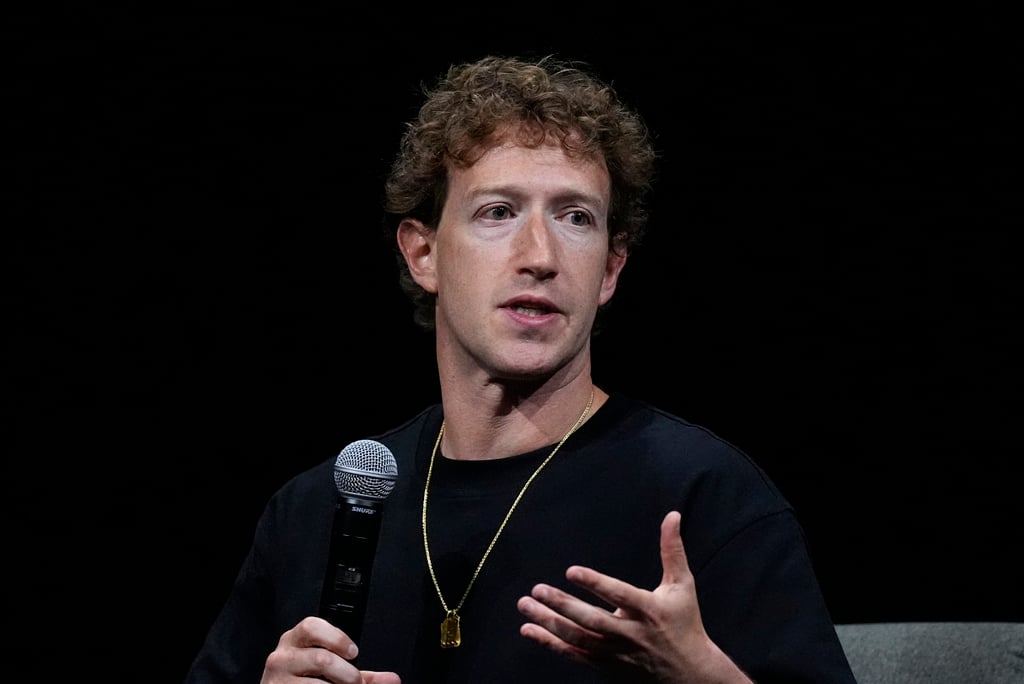Macron says he was not aware of Telegram chief Pavel Durov’s arrival in France
According to a source close to the investigation, Durov had emphasised his links to the French head of state during questioning.

Macron also defended France’s decision in 2021 to give Durov French citizenship under a rare procedure for high-profile individuals.
“It’s part of a strategy to allow women and men, whether artists, athletes or entrepreneurs, when they make the effort to learn the French language and that they develop wealth, innovation … to be given French nationality,” Macron said.
Before his arrival on Saturday, Durov did not know about the arrest warrant that awaited him in France, a source at the Paris prosecutor’s office said on Thursday.
He deliberately came to France where he knew he would be arrested. Why?
Some commentators have speculated Durov must have known about the warrant, raising questions about why he did not stay away from France.
“He deliberately came to France where he knew he would be arrested. Why?” Gerard Araud, France’s former ambassador to the United States, wrote on X.
Neither Macron nor France’s foreign ministry was told in advance about plans for Durov’s arrest, the source at the Paris prosecutor’s office said.
The source added that the French investigation into Durov has no connection with the United States.
The Kremlin said on Thursday that the prosecution against Durov, whose app has nearly 1 billion users, should not turn into “political persecution”.
Durov was granted bail on condition he pays €5 million (US$5.6 million) and does not leave French territory. He will need to report twice a week to police and be at home at specific hours, a judicial source said.

Durov’s arrest is a first for a CEO of a major messaging platform as tensions mount between governments and social media giants. But it is not the first time Telegram has had a run-in with police and judicial authorities.
In 2022, Brazilian Supreme Court Justice Alexandre de Moraes temporarily suspended Telegram in Brazil, saying it had repeatedly refused to adhere to judicial orders.
At the time, Durov blamed any shortcomings on email issues and apologised. He voiced confidence that Telegram would soon be able to “efficiently process takedown requests for public channels that are illegal in Brazil”.
In Brazil’s latest battle against tech impresarios, Moraes on Wednesday ordered billionaire Elon Musk, who has criticised France’s arrest of Durov, to name a legal representative for his messaging platform X in Brazil within 24 hours or face the site’s suspension in the country.

In Britain, a newly introduced Online Safety Act has introduced the threat of criminal sanctions for senior managers who do not comply with media regulator Ofcom’s enforcement notices.
Additional reporting by Agence France-Presse